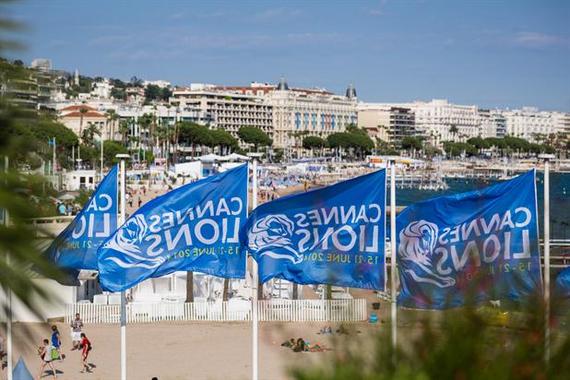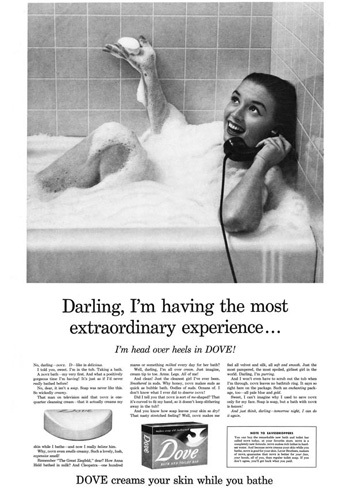The Cannes Lions is a moment. Thousands of industry leaders pressed together on the French Riviera for a frantic week of discussion, insights, and applause. It ends in a flash, and it feels like the impact of some of the work it awards does as well.
Each year the focus (beyond creativity) is on innovation. Which format is going to revolutionize the industry this time? (We're all still waiting for Virtual Reality or QR Codes to do as they were promised). Eye-catching work that is a first-mover within a given trend or tech wins big.
These awards are for creativity, not effectiveness. But in communications creativity is never for its own sake, it is to drive business results.
We are in the business of winning attention and influence. The modern communications mix, and my focus of PR, is about more than stunts or likes that fade. It is about earning influence by creatively reframing an issue so people think and act differently.
In focusing on work that wows, we are doing a disservice to all the campaigns that profoundly change behavior over time in a subtler way. David Ogilvy reframing Dove as not just soap, but one quarter moisturizing cream, altered the brand perception for decades but I wonder how those ads would have fared had the Festival existed back then.
Ogilvy realized that consumers don't think about channels or technology, they use them instinctively. What they think about is a brand's reputation. And powerful stories shape that reputation more than the channels in which they are communicated.
If we are going to focus on the channels, we have to think about how the story can be more powerfully told and shared, rather than just where it lives.
Consumers are overloaded with content. A mix of channels across traditional media, social media and content creation to earn influence is needed. Media partnerships, notably unrepresented at Cannes, and endorsement from mainstream media are essential for brands to break through.
This is symptomatic of Cannes being more self-referential than working to reflect the people and places where our ideas actually live. The world is more diverse than us, and we have to catch up as an industry.
This is not an exercise in political correctness, it is patently in our interest. A good idea can come from anywhere: junior or senior, a large business or a small one, from a man or woman and everything in between.
Today, more and more women are entering our ranks but still not enough are reaching leadership positions and there's no good reason for this discrepancy. This is something Cannes has done well to address. There are more female jurors and work that promotes female empowerment is well rewarded.
This second point is crucial. How women are represented on screen is equally important as how they are represented in the industry behind it. If this continues, it could turn PR and Advertising from a partial source of the problem (having shown such a narrow array of female stereotypes for so long) into part of the solution to gender equality. The face of the Mad Men (and women) in 2016 should look very different.
Moving towards a festival that more accurately mirrors the world of communications that audiences actually experience will help create a more equal and effective industry. Cannes may be a single moment, but remains a hugely influential one in all our calendars. So let's make sure it rewards work that reflects and impacts the world beyond the beaches.
Jennifer Risi is a Managing Director, Ogilvy Media Influence, and a Worldwide Board Member at Ogilvy PR. Ben King, Account Director at Ogilvy PR, contributed to this article.


